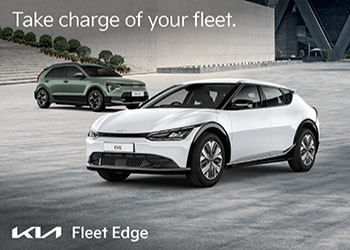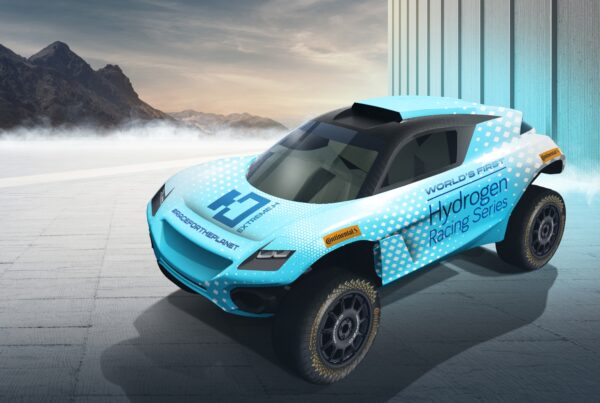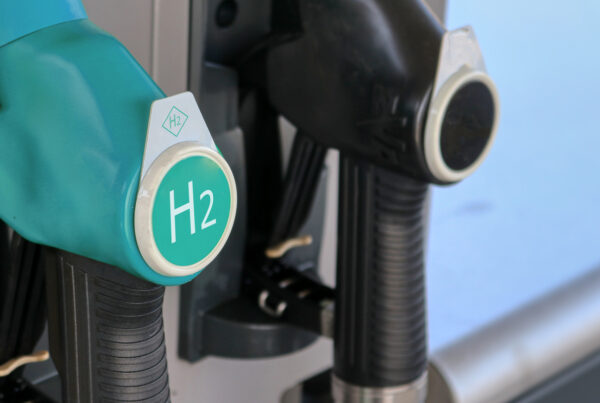This week marked the launch of the world’s first hydrogen fuel cell train, in a significant win for the industry and the future of mobility.
The Coradia iLint, built by Alstom in Salzgitter, Germany, is equipped with fuel cells which convert hydrogen and oxygen into electricity, thus eliminating pollutant emissions related to propulsion. Two of the trains are already entering commercial service rightway according to a fixed timetable in Lower Saxony.
Commuters will be set to enjoy low-noise, zero-emission trains that reach up to 140 km/h, as the Coradia iLint trains operate on nearly 100km of line running between Cuxhaven, Bremerhaven, Bremervörde and Buxtehude, replacing EVB’s existing diesel fleet.
“This is a revolution for Alstom and for the future of mobility. The world’s first hydrogen fuel cell train is entering passenger service and is ready for serial production,” Henri Poupart-Lafarge, Chairman and CEO of Alstom said.
“The Coradia iLint heralds a new era in emission-free rail transport. It is an innovation that results from French-German teamwork and exemplifies successful cross-border cooperation.”
The new trains will be fuelled at a mobile hydrogen filling station, while the gaseous hydrogen will be pumped into the trains from a 40-foot-high steel container next to the tracks at Bremervörde station. With one tank, it is hope that they can run throughout the network the whole day, thanks to a total autonomy of 1000 km. A stationary filling station on EVB premises is scheduled to go into operation in 2021, when Alstom will deliver a further 14 Coradia iLint trains to LNVG in coming years.
Dr. Bernd Althusmann, Lower Saxony’s Minister of Economy and Transport, whose department has supported LNVG’s purchase of another 14 hydrogen trains with more than $130.3 million said the project was a huge innovation for the local transport industry.
“With the test operation starting today, Lower Saxony is performing real pioneering work in local transport in cooperation with Alstom and EVB. The emission-free drive technology of the Coradia iLint provides a climate-friendly alternative to conventional diesel trains, particularly on non-electrified lines,” he said.
“In successfully proving the operability of the fuel cell technology in daily service, we will set the course for rail transport to be largely operated climate-friendly and emission-free in the future. The state government of Lower Saxony is proud of putting this trendsetting project on the track together with LNVG.”














